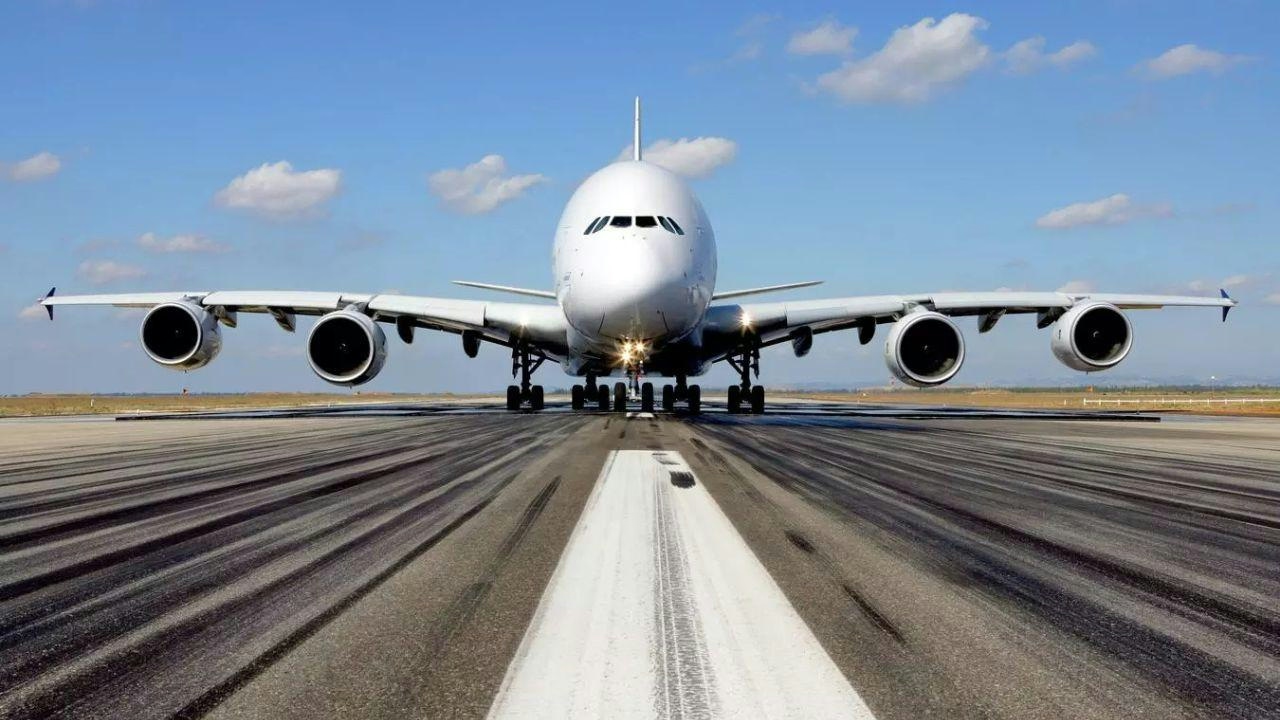
AeroGenie: Su copiloto inteligente.
Tendencias
Categories
Boeing Reports $22.7 Billion in Q2 Revenue, 455 Net Aircraft Orders, and $619 Billion Backlog
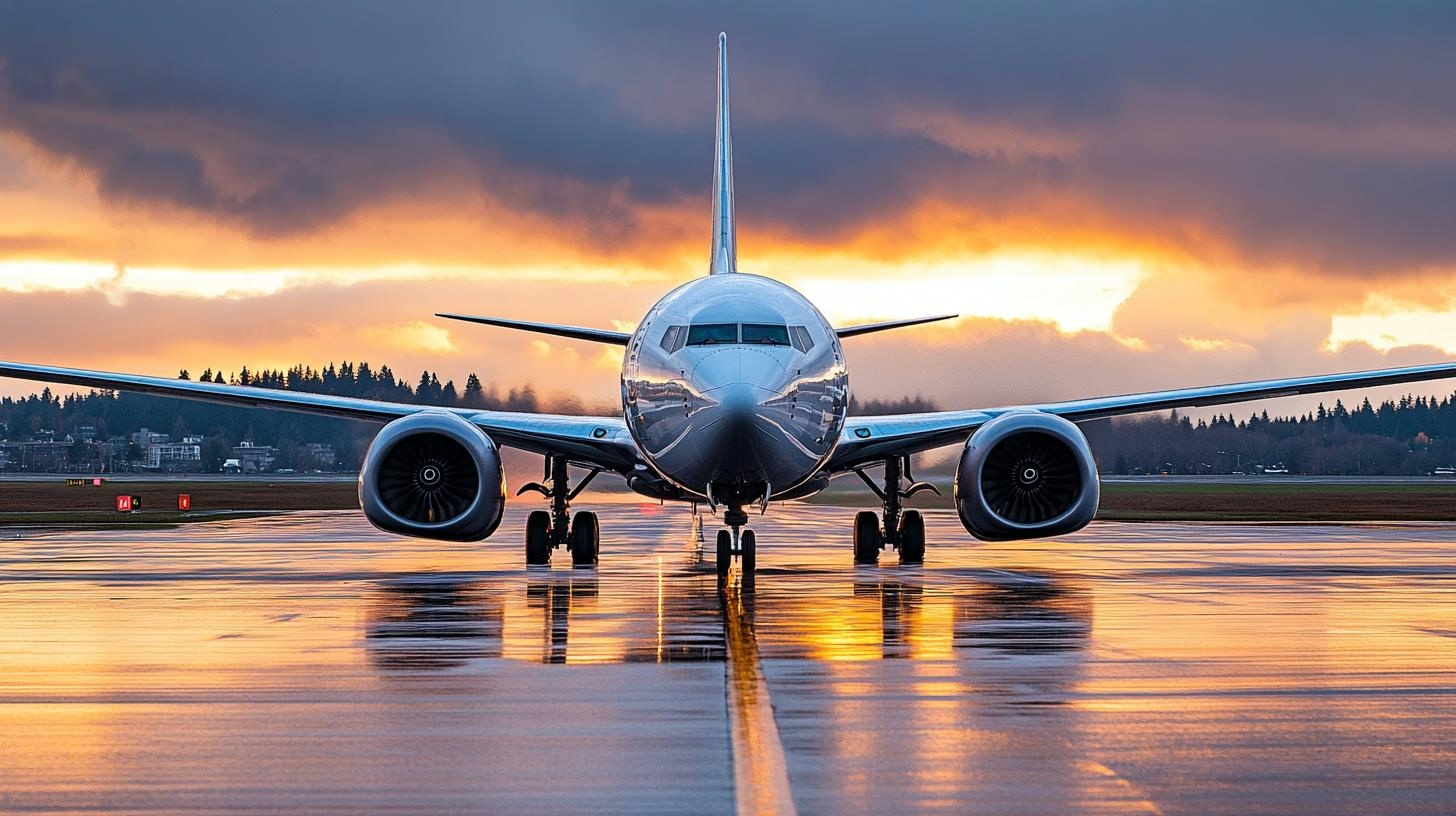
Boeing Reports $22.7 Billion in Q2 Revenue Amid Strong Demand and Operational Challenges
Boeing announced second-quarter revenue of $22.7 billion, reflecting a solid recovery driven by sustained demand in both commercial and defense sectors. The Commercial Airplanes division accounted for $10.9 billion of this total, buoyed primarily by increased aircraft deliveries. Despite this revenue growth, the division recorded an operating margin of -5.1 percent, highlighting ongoing production difficulties and cost pressures that continue to affect profitability.
Production and Order Highlights
During the quarter, Boeing accelerated production, with the 737 program reaching a rate of 38 aircraft per month. The company plans to stabilize production at this level before seeking regulatory approval to increase output to 42 aircraft per month later in the year. Progress was also made on the 787 program, which is now producing seven aircraft per month.
Boeing secured 455 net aircraft orders in the quarter, including significant contracts such as 120 787s and 30 777-9s for Qatar Airways, alongside 32 787-10s for British Airways. Deliveries totaled 150 aircraft, contributing to a commercial backlog exceeding 5,900 aircraft valued at $522 billion.
In the Defence, Space & Security division, Boeing won a U.S. Air Force contract to produce four T-7A Red Hawk production representative aircraft and initiated ground testing on the first MQ-25 Stingray for the U.S. Navy. The division’s backlog expanded to $74 billion, with 22 percent of orders originating from international customers.
Financial Position and Market Outlook
Operating cash flow for the quarter stood at $0.2 billion, supported by higher commercial deliveries and favorable working capital timing. Boeing ended the quarter with $23.0 billion in cash and marketable securities, a slight decrease from $23.7 billion at the beginning of the period, primarily due to debt repayments and free cash flow usage. Total debt declined marginally to $53.3 billion, while the company maintained access to $10.0 billion in undrawn credit facilities.
Despite these positive developments, market reactions have been mixed. Investors remain cautious about Boeing’s long-term profitability amid persistent production challenges and regulatory hurdles. These issues have created opportunities for competitors such as Airbus to potentially expand their market share. Boeing’s ongoing efforts to reset its business and enhance operational efficiency are viewed as critical to sustaining growth in the coming quarters.
Overall, Boeing closed the quarter with a company-wide backlog valued at $619 billion, underscoring robust demand across both commercial and defense markets. The company’s ability to resolve operational challenges and navigate a competitive environment will be pivotal in maintaining its momentum moving forward.

Could trams or air taxis help solve Oxford's traffic woes?
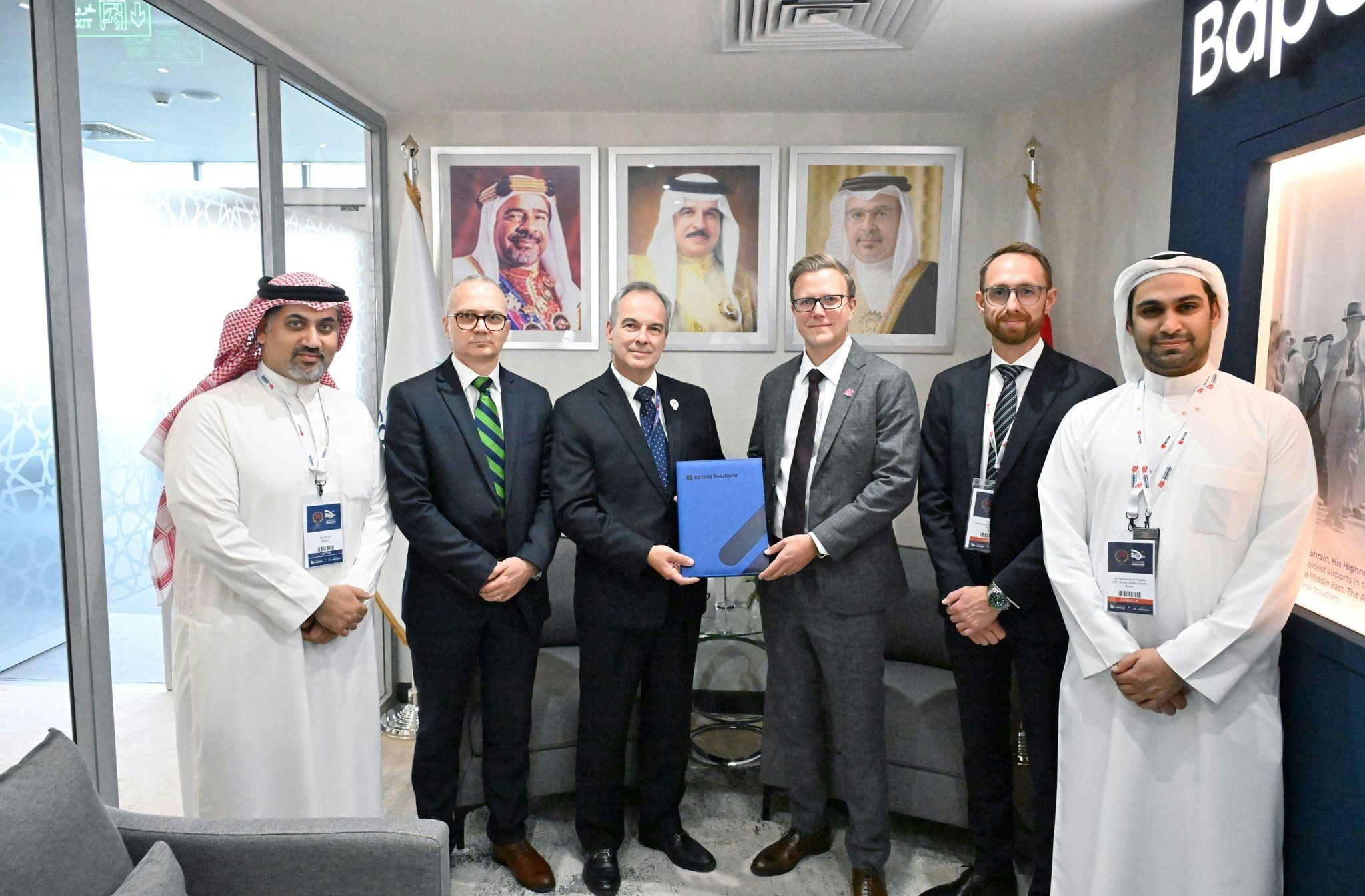
Beyon Solutions, Gulf Air Group, and Oracle Partner to Advance Cloud Innovation in Aviation
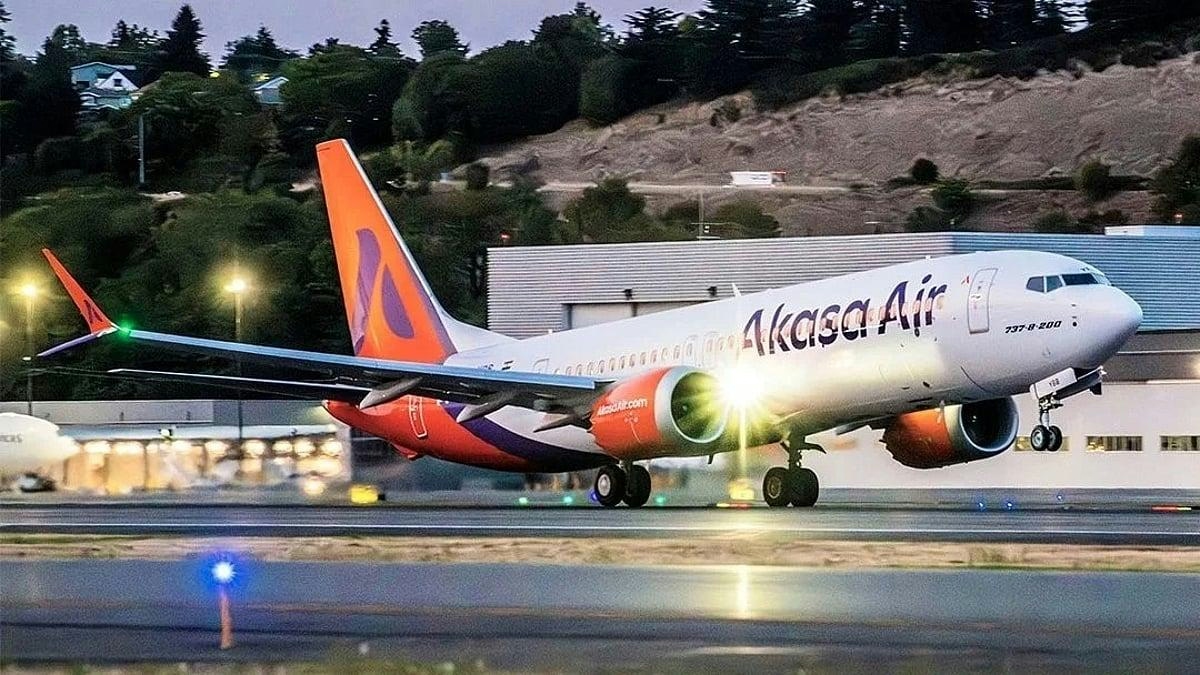
Akasa Air Plans Expansion to Kenya, Egypt, and East Africa, Confident in Boeing Delivery Timeline
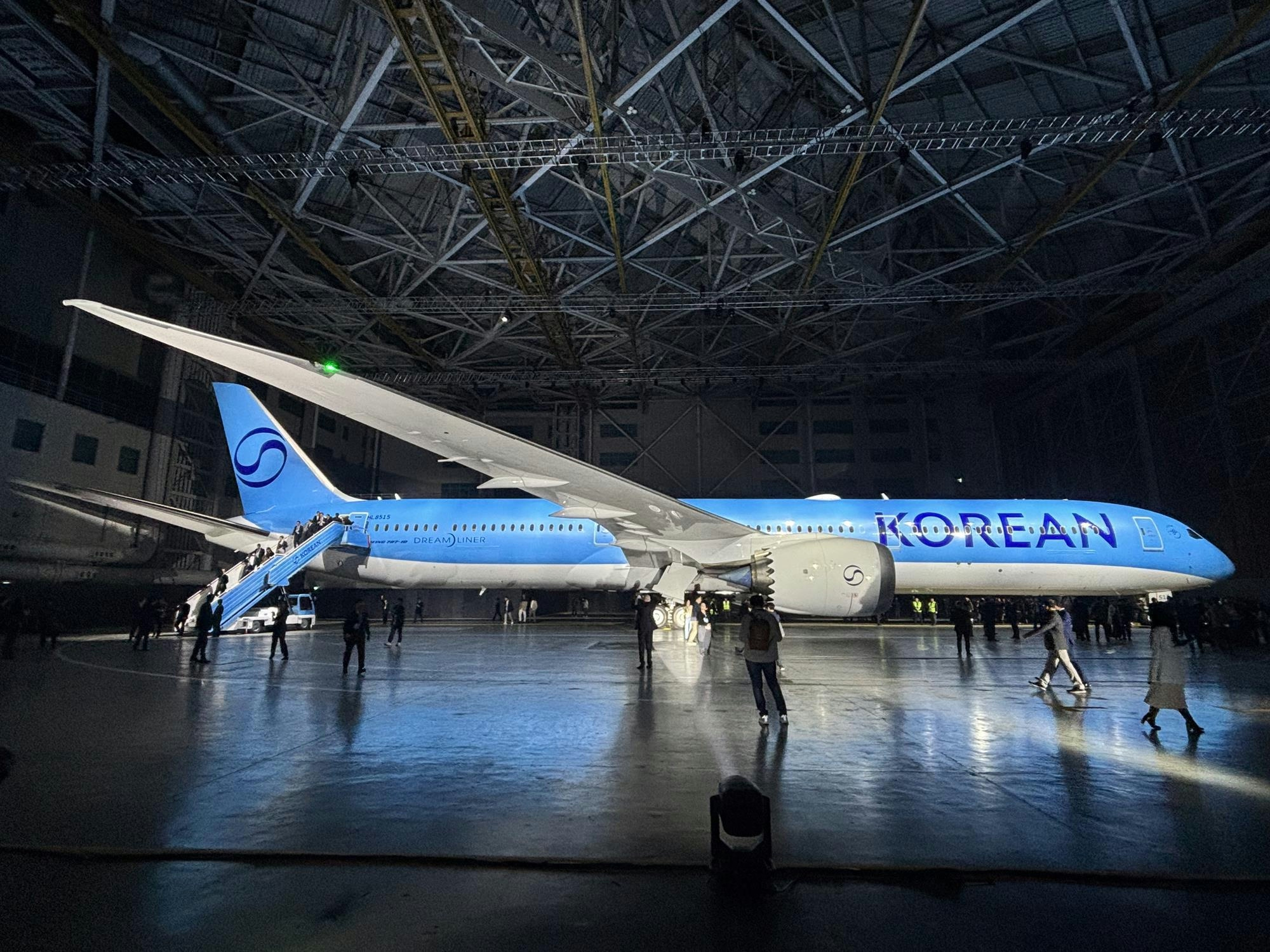
Korean Air Highlights Innovation and Sustainability at Singapore Airshow
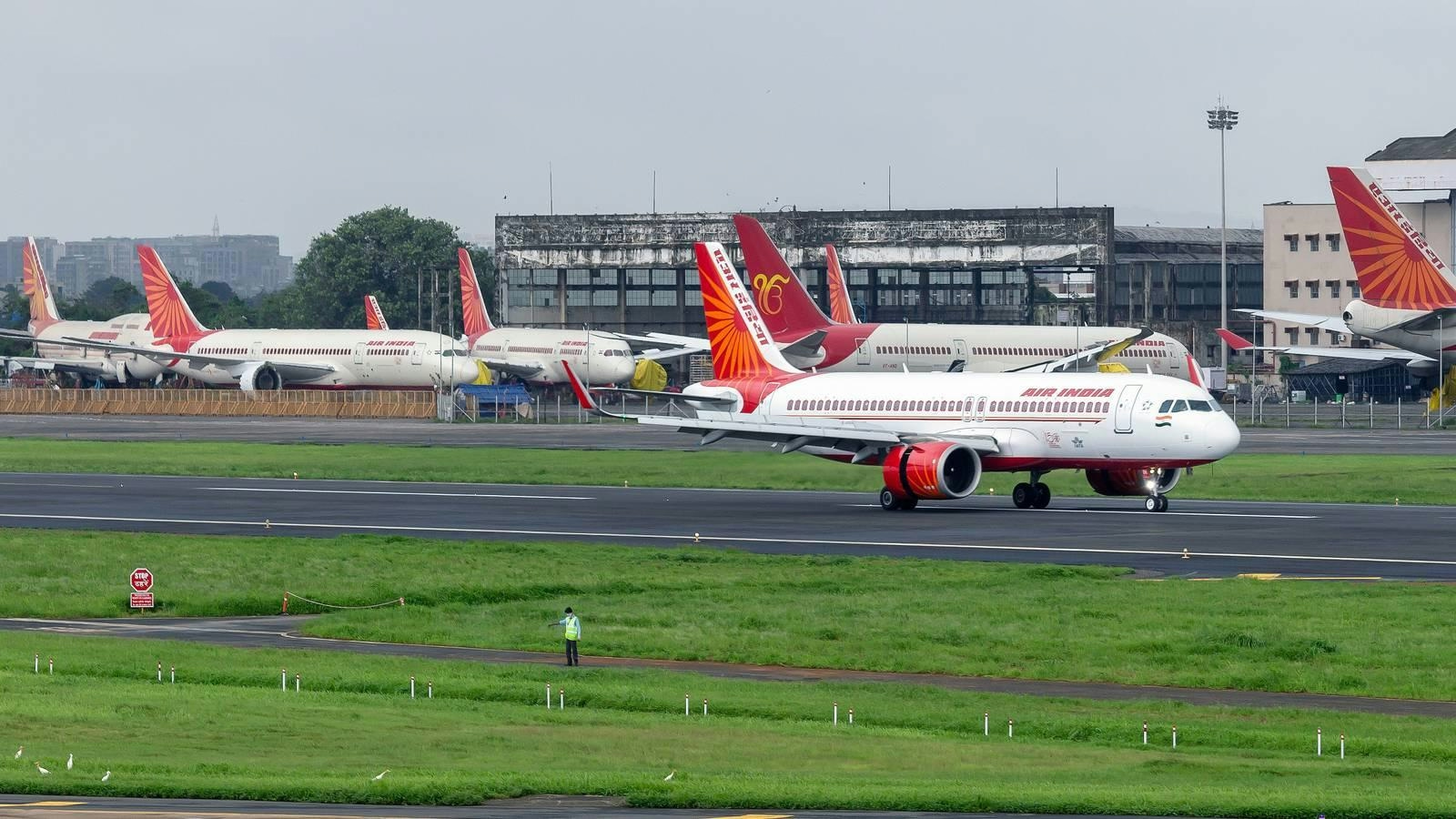
DGCA Investigates After Air India A320 Pilots Grounded for License Issues
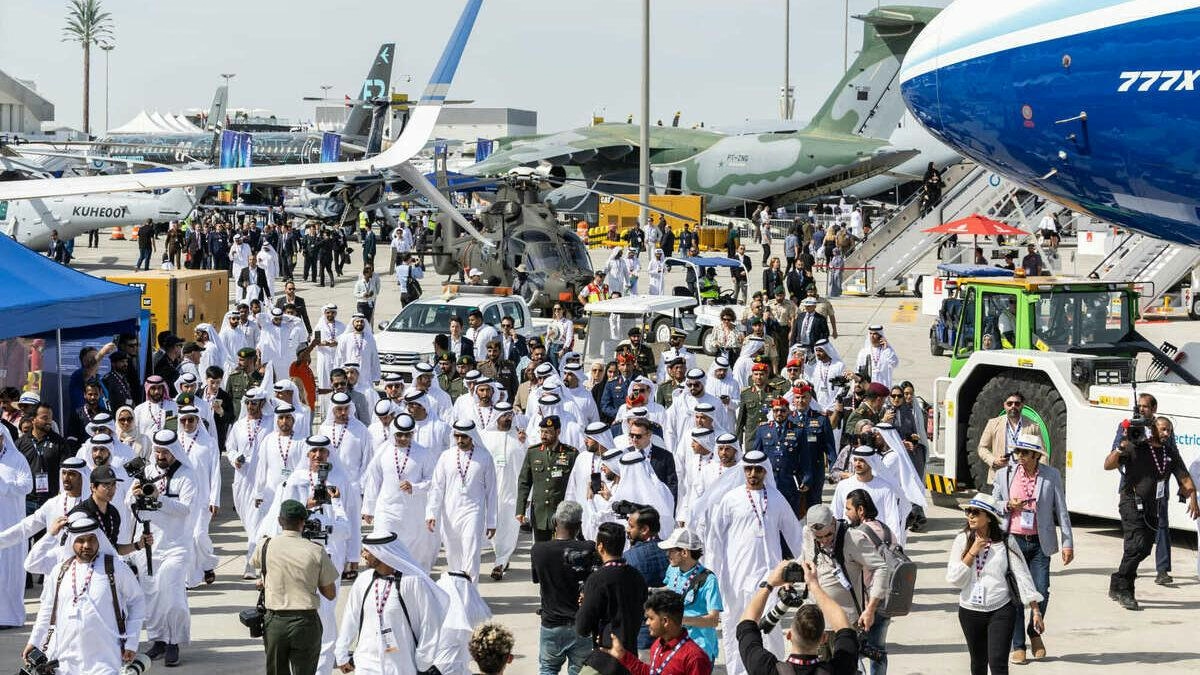
What to Expect at the 2025 Dubai Airshow

Europe Advances Aviation Sustainability Through SAF Mandates and Innovation

Lufthansa's Fleet Plans for 2025
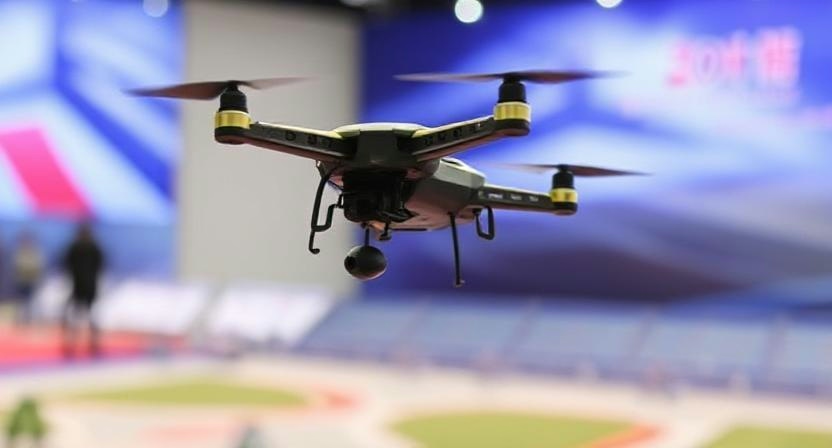
Fifteenth National Games Model Aviation Finals in Longhua Showcase Drone Sports and Innovation
